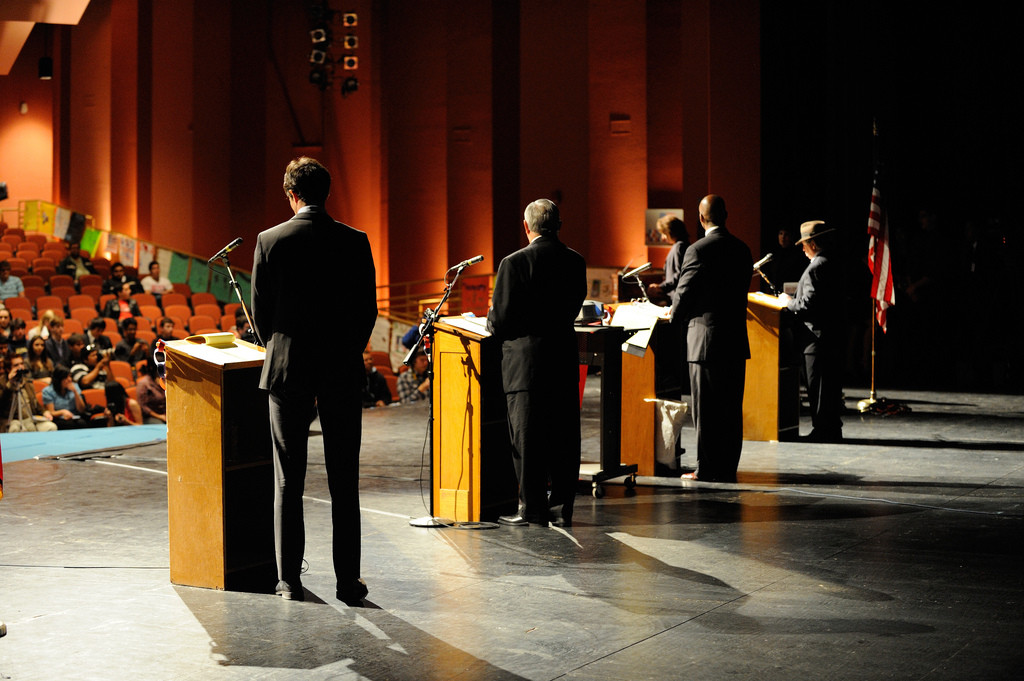
Since 2013, critics have been comparing and contrasting the hit shows House of Cards and Scandal. Both deal with the seedy, often immoral world of Washington politics, and the ambitions and passions of those playing the game. But aside from these surface similarities, critics have often dismissed them as radically different shows. House of Cards is a sleek, efficient portrayal of Democrat Frank Underwood’s rise to the presidency. Scandal tells the passionate, if trashy, tale of how Olivia Pope and a cabal of players made Republican Fitzgerald Grant president, and the fallout (both personal and political) of their machinations. With their differing tones, visual styles, and intended audiences, critics can often overlook what connects these two shows at their hearts: their fictional depictions of American liberalism in action.
Liberalism in the United States is difficult to define, but can be broadly summarized as service to the individual, encapsulated in America’s self-appointed nickname “Land of Opportunity.” Individuals in America have the opportunity to vote for their elected officials, to speak freely without fear of government censorship, to advance within the class system through education or hard work. The liberal narrative is Horatio Alger’s rags-to-riches archetype retold: Frank Underwood can go from Gaffney, South Carolina to the White House, simply by being more clever and ruthless than those around him; Olivia Pope can become the most powerful woman in Washington by working twice as hard and being twice as good as her white contemporaries. The writers imply that America is a meritocracy, because if anyone else was as devious as Underwood, or worked as hard as Olivia, they would be in the same positions of power.
In both cases, the characters gain their social and political power through their actions, rather than the legacies left to them by their parents or the class boundaries inherent in capitalism. Frank Underwood’s father was an abusive alcoholic, but he overcame; Olivia’s mother died when she was young, and her father was manipulative and controlling, but she overcame. In overcoming, both characters choose success over morality. House of Card’s Frank Underwood knows that he can lead the United States better than Garrett Walker, the man he helped get elected, so he resorts to extreme measures and careful gambles throughout season two to ensure his place as Walker’s replacement. Scandal’s Olivia knows that Fitz is the man that America needs as president, so she rigs voting machines to ensure his place in the election. Continue reading
